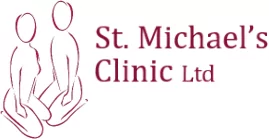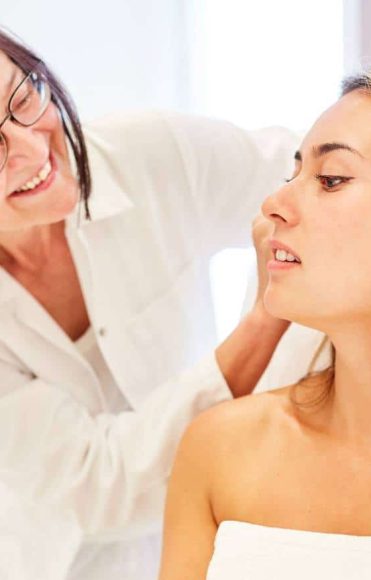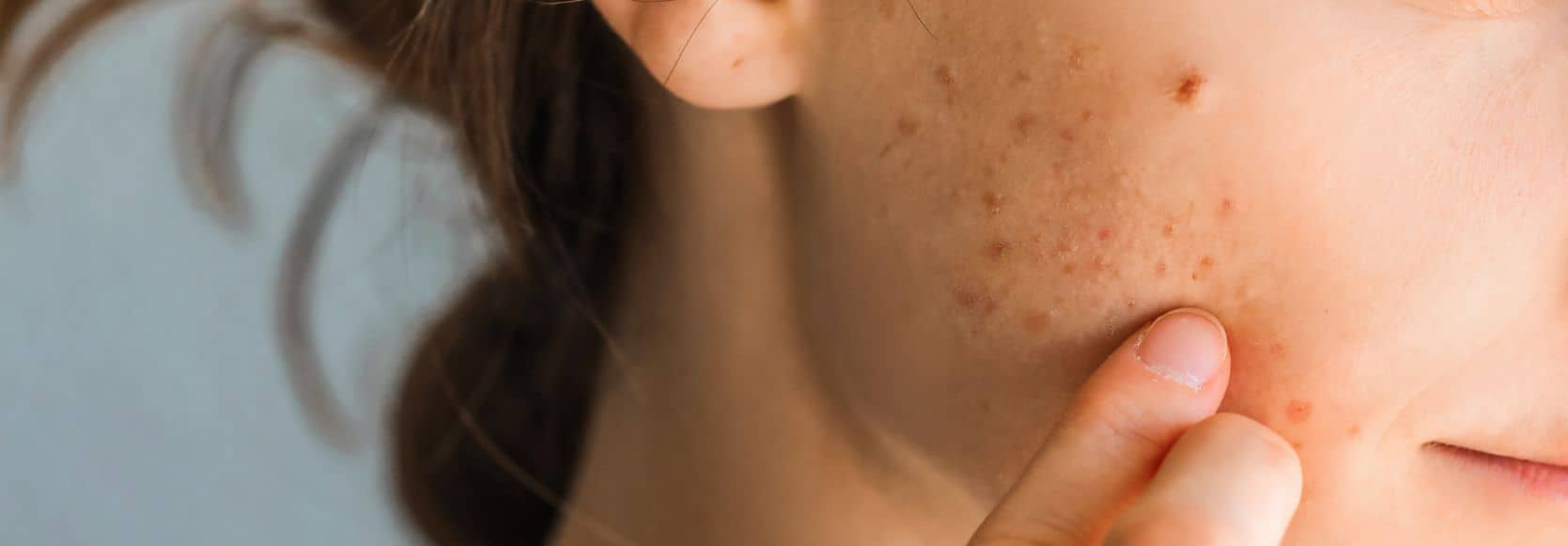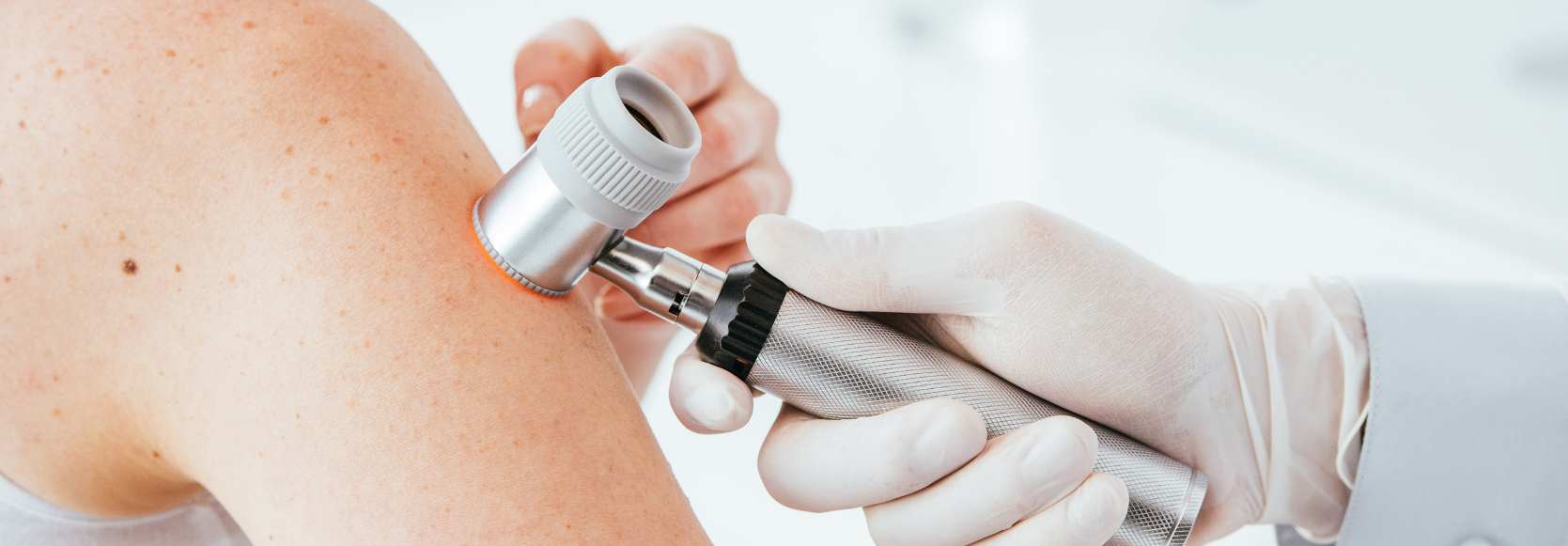Rosacea Awareness Month is celebrated annually in April, an opportune moment to shine a spotlight on this commonly experienced but often misunderstood skin disorder. Anyone grappling with rosacea worldwide – you’re not standing alone. Rosacea is a long-term inflammation disease that primarily causes facial redness and sometimes develops into pimple-like bumps, causing discomfort and emotional turmoil.
This blog post seeks to deliver guidance, wisdom, and suggestions on navigating and managing rosacea effectively. This is your go-to guide on rosacea whether you’ve just been diagnosed, are currently controlling your rosacea, or are gathering information for a family member.
Demystifying Rosacea
Identifying the Causes and Triggers
The exact inception of rosacea remains a mystery, yet several triggers and contributing elements have been identified:
- Genetic elements: Rosacea appears to have a strong hereditary connection.
- Demodex mites: These common human skin dwellers could multiply on rosacea patients’ skin.
- Environmental factors: Intense temperatures, exposure to wind, humidity, and sunlight can instigate flare-ups.
- Skin barrier issues: Compromised skin barrier could lead to increased sensitivity and inflammation.
- Dietary considerations:
- Certain consumables such as spicy food, alcohol, and hot beverages may induce rosacea in some individuals.
- Emotional stress and anxiety
Signs and Rosacea Subtypes
Rosacea symptoms can significantly vary between individuals and may include:
- Facial redness or erythematotelangiectatic rosacea
- Swelling and a rough texture or papulopustular rosacea
- Skin thickening and enlargement or phymatous rosacea
- Eye-related rosacea or ocular rosacea causes eye redness, dryness, and irritation.
Signs and Rosacea Subtypes
Rosacea symptoms can significantly vary between individuals and may include:
- Facial redness or erythematotelangiectatic rosacea
- Swelling and a rough texture or papulopustular rosacea
- Skin thickening and enlargement or phymatous rosacea
- Eye-related rosacea or ocular rosacea causes eye redness, dryness, and irritation.
Strategies for Controlling Rosacea
Prevention and Trigger Management
Here are some practical tips to prevent and manage rosacea symptoms:
- Identify and avoid triggers escalating your symptoms such as alcohol, spicy foods, caffeine, and harsh weather conditions. Maintain a diary to track these triggers.
Shield your skin with a broad-spectrum sunscreen of SPF 30 or above, even on cloudy days. - Choose mild and non-irritating skincare products, avoiding those containing ingredients such as alcohol, witch hazel, fragrances, menthol, peppermint or eucalyptus oil.
- Devote yourself to a daily skincare routine, including cleansing and hydrating.
- Avoid vigorous rubbing or scrubbing of your face.
- Use lukewarm water for face washing and gently pat your skin dry.
Medications and Specialised Procedures
Medical intervention for rosacea depends on its variant and severity. Your dermatologist may recommend:
- Topical treatments: These are directly applied to the skin and could include metronidazole, azelaic acid, ivermectin and brimonidine.
- Oral antibiotics: Generally prescribed for more severe instances or when ocular symptoms are present. Tetracycline, doxycycline and minocycline are common choices.
- Isotretinoin: This oral medication may be administered for severe instances or when other treatments fail.
- Lasers and other light therapies: Certain procedures can reduce the redness and visible blood vessels associated with rosacea.
Lifestyle Changes for Rosacea
Besides avoiding triggers, various lifestyle changes can aid rosacea management:
- Use stress management techniques like yoga, meditation or deep breathing exercises.
- Stay hydrated, avoid hot, caffeinated or alcoholic drinks.
- Adhere to a nutritious, balanced diet.
- Experiment with dietary modifications as some individuals notice that specific foods ignite their rosacea.
Support Networks and Resources
Boosting Self-Esteem
Seeking Professional Help
Seeking Professional Help
Final Points
Managing rosacea is a life-long journey that requires patience, support, and lifestyle and routine modifications. Understanding and awareness of the condition, from those suffering from rosacea and their support network are key for successful control. Following the guidance presented here and closely cooperating with your healthcare provider, you can live a dynamic, fulfilling life while effectively controlling rosacea.
This Rosacea Awareness Month, take a moment to acknowledge your strength and resilience and keep seeking the resources and support that best meet your needs.






